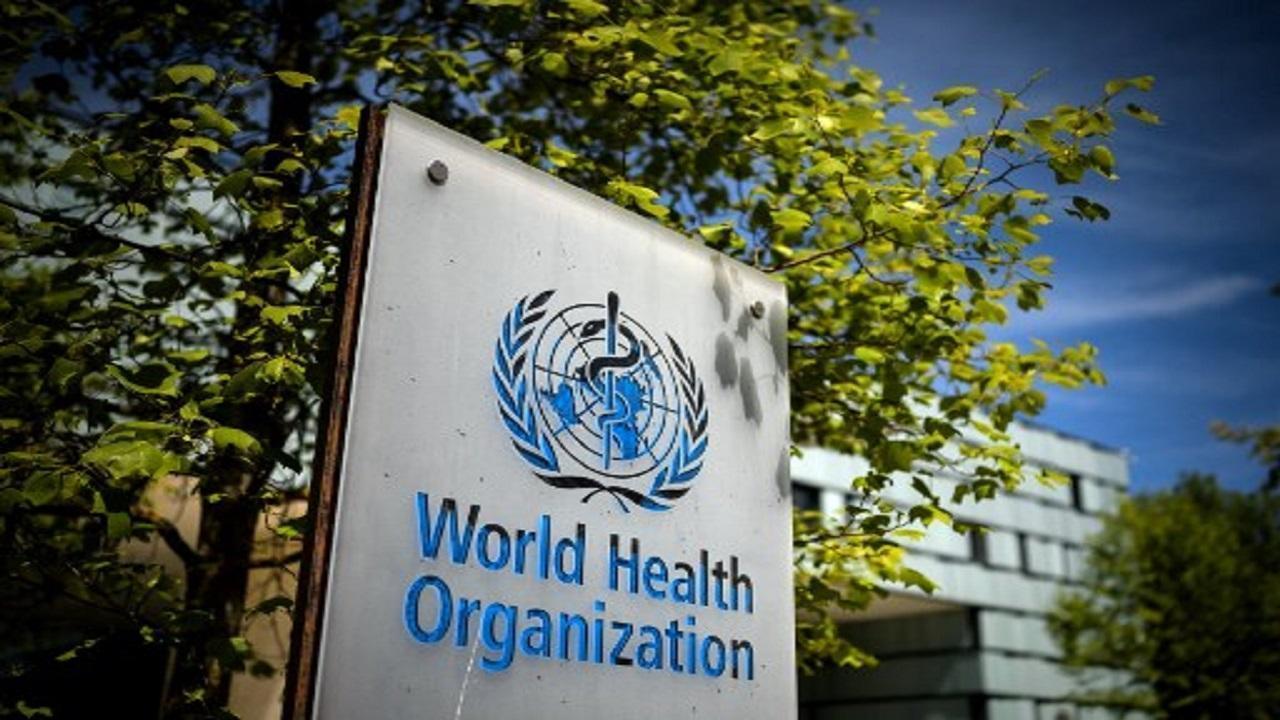Most malaria cases in the region were concentrated in India (66 per cent) and about 94 per cent of deaths were in India and Indonesia

Image for representational purpose only. File pic
Key Highlights
- Globally, there were an estimated 249 million malaria cases in 2022
- There were also an additional five million malaria cases in 2022 over the previous year
- 9 countries in the SE Asia Region contributed to about 2 per cent of the burden globally
India topped countries in the South-East Asia Region for the most number of malaria cases and deaths in 2022, according to the 2023 World malaria report published by the World Health Organization (WHO) on Thursday. The report showed that in 2022, nine countries in the South-East Asia Region contributed to about 2 per cent of the burden of malaria globally (5.2 million cases).
ADVERTISEMENT
Most malaria cases in the region were concentrated in India (66 per cent) and about 94 per cent of deaths were in India and Indonesia. Globally, there were estimated 249 million malaria cases in 2022, exceeding the pre-pandemic level of 233 million in 2019 by 16 million cases.
There were also an additional five million malaria cases in 2022 over the previous year and five countries bore the brunt of these increases, the report said. Pakistan saw the largest increase, with about 2.6 million cases in 2022 compared to 500,000 in 2021. Significant increases were also observed in Ethiopia, Nigeria, Papua New Guinea and Uganda.
Meanwhile, in the 11 countries that carry the highest burden of malaria, rates of new infections and deaths have levelled off following an initial upsurge during the first year of the pandemic. These countries, supported through the WHO “High burden to high impact” approach, saw an estimated 167 million malaria cases and 426,000 deaths in 2022.
The report emphasised on the growing threat of climate change in increasing malaria cases. It showed that changes in temperature, humidity and rainfall can influence the behaviour and survival of the malaria-carrying Anopheles mosquito. Extreme weather events, such as heatwaves and flooding, can also directly impact transmission and disease burden. Catastrophic flooding in Pakistan in 2022, for example, led to a five-fold increase in malaria cases in the country.
“The changing climate poses a substantial risk to progress against malaria, particularly in vulnerable regions. Sustainable and resilient malaria responses are needed now more than ever, coupled with urgent actions to slow the pace of global warming and reduce its effects,” said Dr Tedros Adhanom Ghebreyesus, WHO Director-General, in a statement.
Climate variability is expected to have indirect effects on malaria trends through, for example, reduced access to essential malaria services and disruptions to the supply chain of insecticide-treated nets, medicines and vaccines. Population displacement due to climate-induced factors may also lead to increased malaria as individuals without immunity migrate to endemic areas.
There has also been progress toward malaria elimination in many countries with a low burden of the disease. In 2022, 34 countries reported fewer than 1000 cases of malaria compared to just 13 countries in 2000. This year alone, three more countries were certified by WHO as malaria-free -- Azerbaijan, Belize and Tajikistan -- and several others are on track to eliminate the disease in the coming year.
The report also cites achievements such as the phased roll-out of the first WHO-recommended malaria vaccine, RTS,S/AS01, in three African countries. In October 2023, WHO recommended a second safe and effective malaria vaccine, R21/Matrix-M. The availability of two malaria vaccines is expected to increase supply and make broad-scale deployment across Africa possible.
This story has been sourced from a third party syndicated feed, agencies. Mid-day accepts no responsibility or liability for its dependability, trustworthiness, reliability and data of the text. Mid-day management/mid-day.com reserves the sole right to alter, delete or remove (without notice) the content in its absolute discretion for any reason whatsoever
 Subscribe today by clicking the link and stay updated with the latest news!" Click here!
Subscribe today by clicking the link and stay updated with the latest news!" Click here!







